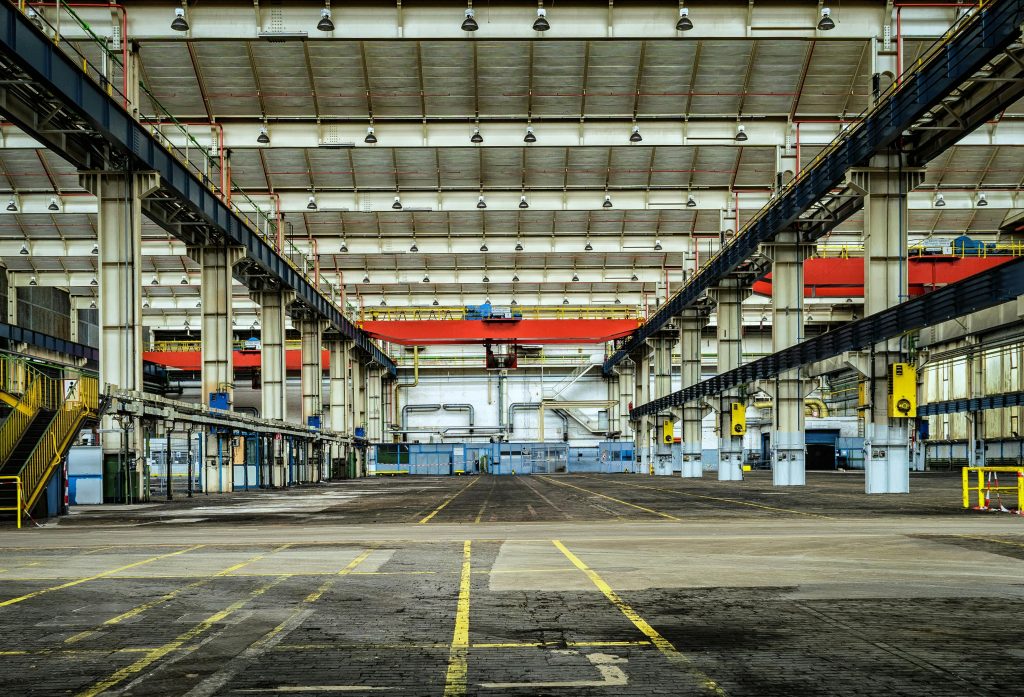In the world of international trade, buyers are often faced with a dilemma: should they work directly with factories, or rely on a trading company? On the surface, going straight to the factory might seem like the most straightforward option. After all, factories are the ones that produce the goods, control the machinery, and oversee the raw materials. But in practice, the story is rarely that simple.
Factories excel in production, but their focus is usually narrow. A briquette factory, for example, may specialize in just one type of charcoal, with limited flexibility to adjust specifications, packaging, or order sizes. Communication can also be a challenge, especially when dealing with language barriers, cultural differences, or limited knowledge of export documentation. For many international buyers, this can mean delays, misunderstandings, or unexpected costs along the way.
This is where trading companies step in. Unlike factories, a trading company does not produce goods itself. Instead, it acts as a bridge — connecting buyers to a carefully selected network of suppliers. The strength of a trading company lies in its ability to offer variety, flexibility, and professional handling of the entire process. A buyer who needs both coconut and hardwood charcoal, for instance, does not have to negotiate with multiple factories; the trading company consolidates everything into one streamlined transaction.
Beyond product variety, trading companies also add value in areas that factories often overlook. They manage quality control across different suppliers, coordinate packaging that meets international standards, and handle logistics and documentation to ensure smooth delivery. For the buyer, this means less stress, less risk, and more time to focus on growing their business rather than troubleshooting supply chain problems.
Of course, trading companies charge a margin for their services, and some buyers may hesitate because of the additional cost. But for many, the convenience, reliability, and access to a broader supplier network outweigh the price difference. In global trade, where delays can cost thousands of dollars, the role of a professional intermediary is often not just helpful — it’s essential.
In the end, the choice between a factory and a trading company depends on what the buyer values most. If the goal is simply to source one product directly at the lowest possible cost, a factory may be the right fit. But if the buyer is looking for a long-term partner who can provide product diversity, professional export handling, and a safety net against supply chain challenges, then working with a trading company offers a clear advantage.
At Aminia Global, we embrace this role wholeheartedly. We are not a factory, and we do not pretend to be one. Instead, we position ourselves as a trusted partner who connects international buyers with reliable producers in Indonesia, ensuring that every shipment reflects not only quality but also confidence in the process.

